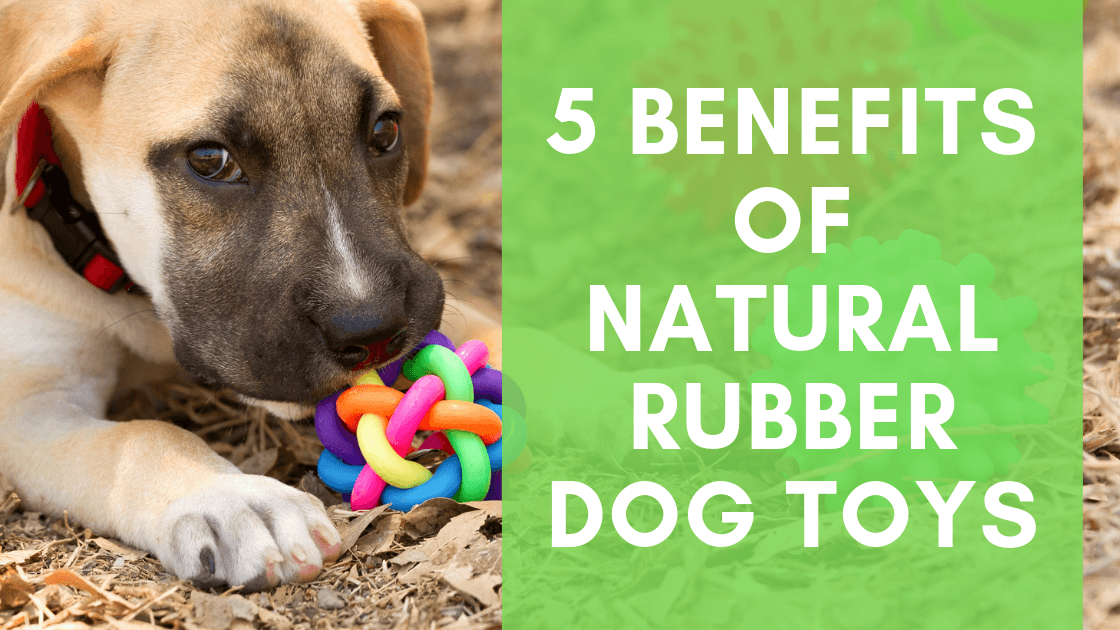Are you the owner of a mixed breed dog who has always wondered exactly what breeds your dog has in them? Maybe you’re pretty sure there’s some Husky and Labrador in there but think there’s got to be some other dominant breed you can’t put your finger on?
With the amazing advances in science and technology of today finding the answers to these questions can be a reality! DNA testing for dogs is gaining popularity and there are currently a handful of companies that offer easy to use, relatively affordable, in-home tests to the general public.
In the last few months alone a few of my friends have done DNA tests on their dogs, and just yesterday I was chatting with a fellow dog owner at the dog park and he brought up how excited he was to get it done on his mixed-breed pup.
Considering getting a DNA test done on your dog? Let’s take a look at what this is really all about, the pros of getting it done, some possible cons, and the best companies for dog DNA testing.
What is DNA Testing for dogs?
DNA tests for dogs use either a swab from your dog’s cheek or a blood draw to do a genetic analysis of your dog’s breed composition and genetic markers/mutations that may indicate the possibility of developing certain diseases.
These tests can typically go back three generations in your dog’s line to determine just what kinds of breeds are in their make-up. For this reason, testing companies give you results that categorize the breeds in your dog as significant, intermediate, or minor, or rate the amount of that breed in your dog from 1-5. Some of the best companies, like the ones featured below, will estimate percentages for each breed.
If your dog comes from a particularly muddled line the test may indicate that they are a certain percentage “mixed-breeds” but will predict backgrounds (terrier, retriever, etc.). On the other hand, if your dog had one parent that was pure-bred the results of your dog’s DNA test will be highly accurate.
When you are choosing a DNA testing kit for your dog, it’s important to research how many breeds the kit tests for and how big of a data pool they have. The more people that have used that brand to test their dog, the bigger the pool and greater accuracy.
What are the pros of DNA testing my dog?
Aside from the obvious pro of having your curiosity indulged, there are some serious pros to really knowing what Fido’s breed composition is.
For one, all breeds come with unique personality traits and quirks. Knowledge of what to expect in terms of behavior and temperament from your dog based on their genetics can help you better approach training, exercising, and even toy selection!
In fact, most in-home dog DNA testing kit results include a short overview of what you can expect from the various types of breeds found in your dog. It could be an a-ha moment that explains some of your dog’s strange behaviors or why your current training plan just isn’t working.
Next, knowing what types of breeds are in your dog can also give you a clue about what medical issues they may be at risk of. For example, if you find out your dog has a large percentage of German Shepherd in them, you might have an easier time getting to the root of their skin issues because German Shepherds are known for having food allergies.
Other breeds have a predisposition to separation anxiety, arthritis, hip dysplasia, hypothyroidism, epilepsy or cancer. Knowing ahead of time what you might be up against can help you and your vet provide better care.
An additional pro of DNA testing your dog is that it really isn’t that expensive. The price range is roughly between $60-$200 for a test depending on the company.
In summary, the pros of DNA testing your dog are:
- Have fun finally knowing for sure just what your dog is a mix of
- Knowledge of their breed composition will help you better understand their personality traits and quirks which can help with training and exercise
- Have a better idea of their ideal weight and size based on what breeds they are a mix of
- Take precaution against certain diseases or ailments your dog may be prone to
- Relatively affordable and accessible
- Easy to complete the test in your home and send away for results
What are the cons of DNA testing my dog?
With a variety of pros discussed above, you might be wondering why wouldn’t I get DNA testing done on my dog? Well, according to a 2018 interview in Science Mag the potential cons are:
- There isn’t a lot of research that currently exists on dog gene mutations, meaning from a health and disease standpoint the results might be misleading or inaccurate
- Genetic tests for pets aren’t regulated
- Currently, technology may not be able to determine your dog’s heritage if they have a very large number of breeds present
What are the best companies for DNA testing my dog?
Based on customer reviews, the two standout companies when it comes to testing kits are Embark and Wisdom Panel. Both have hundreds of positive reviews and offer the most extensive testing for both breed types and genetic mutations.
Embark Review
- Screens for 165+ genetic conditions and can look back at your dog’s ancestry to 3 generations
- Uses cheek swab testing method with results in 2-4 weeks
- Tests for 250+ dog breeds, wolf and coyote ancestry
- Using the online database, you can find and connect with other dogs that share your dog’s ancestry
- Receive your dog’s breed mix broken down into percentages, family tree, health profile and overview of physical and personality traits
Wisdom Panel Review
- 99% of all AKC recognized breeds
- Genetic mutation testing for 150+ canine health conditions
- Cheek swab testing method with results in 2-3 weeks
- Receive results organized by health risks, family tree, breed by percentage, and overview of physical and personality traits
Should I do a DNA test on my dog?
Well, my friend, the wait is over! You can finally learn exactly just what's in your beloved mutt and give a real answer when people ask you what kind of dog they are.
For some, it may seem like an unnecessary expense and at the end of the day you can certainly live without it. But for others, it’s a fun way to indulge your curiosity about your dog, learn how to better train and provide for them, and know what health red flags to be on the lookout for.
So what do you think? Would you do a DNA test on your dog? Drop us a comment below!



